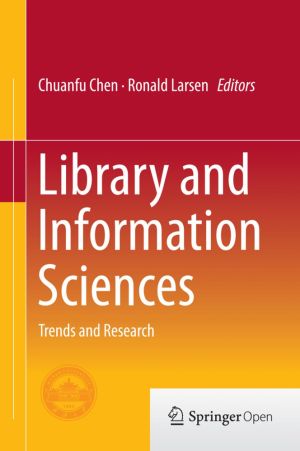
This book explores the development, trends and research of library and information sciences (LIS) in the digital age. Inside, readers will find research and case studies written by LIS experts, educators and theorists, most of whom have visited China, delivered presentations there and drafted their articles based on feedback they received. As a res...
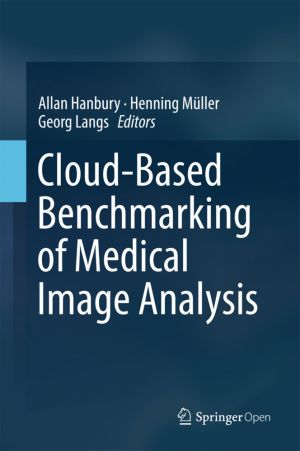
This book presents the VISCERAL project benchmarks for analysis and retrieval of 3D medical images (CT and MRI) on a large scale, which used an innovative cloud-based evaluation approach where the image data were stored centrally on a cloud infrastructure and participants placed their programs in virtual machines on the cloud. The book presents the...
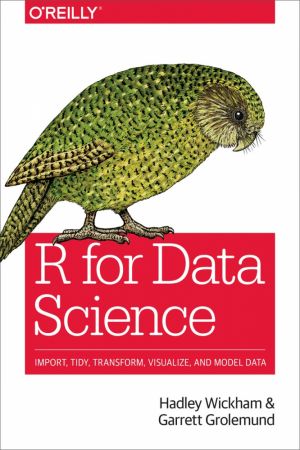
Learn how to use R to turn raw data into insight, knowledge, and understanding. This book introduces you to R, RStudio, and the tidyverse, a collection of R packages designed to work together to make data science fast, fluent, and fun. Suitable for readers with no previous programming experience, R for Data Science is designed to get you doing data...
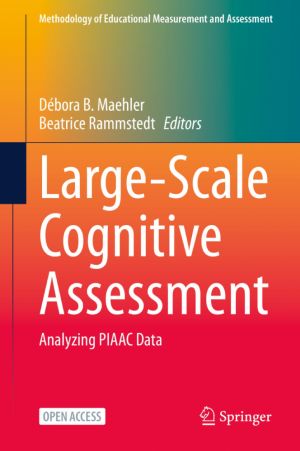
This open methodological book summarises existing analysing techniques using data from PIAAC, a study initiated by the OECD that assesses key cognitive and occupational skills of the adult population in more than 40 countries. The approximately 65 PIAAC datasets that has been published worldwide to date has been widely received and used by an inter...
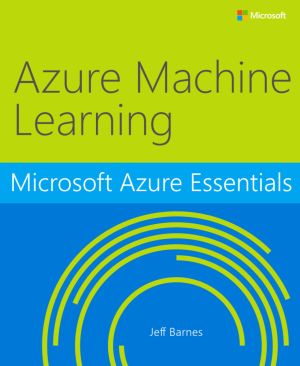
This third ebook in the series introduces Microsoft Azure Machine Learning, a service that a developer can use to build predictive analytics models (using training datasets from a variety of data sources) and then easily deploy those models for consumption as cloud web services. The ebook presents an overview of modern data science theory and princ...
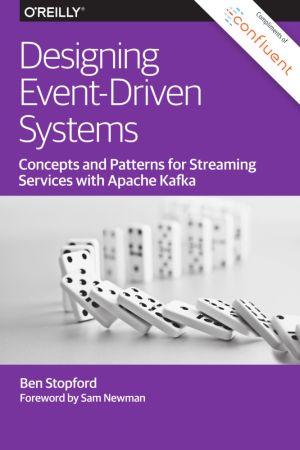
Many forces affect software today: larger datasets, geographical disparities, complex company structures, and the growing need to be fast and nimble in the face of change. Proven approaches such as service-oriented and event-driven architectures are joined by newer techniques such as microservices, reactive architectures, DevOps, and stream process...
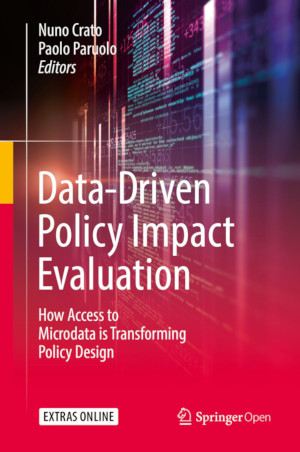
In the light of better and more detailed administrative databases, this book provides statistical tools for evaluating the effects of public policies advocated by governments and public institutions. Experts from academia, national statistics offices and various research centers present modern econometric methods for an efficient data-driven policy...
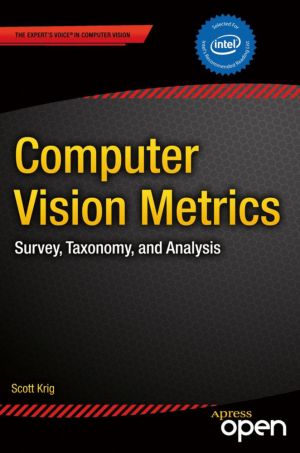
Computer Vision Metrics provides an extensive survey and analysis of over 100 current and historical feature description and machine vision methods, with a detailed taxonomy for local, regional and global features. This book provides necessary background to develop intuition about why interest point detectors and feature descriptors actually work, ...
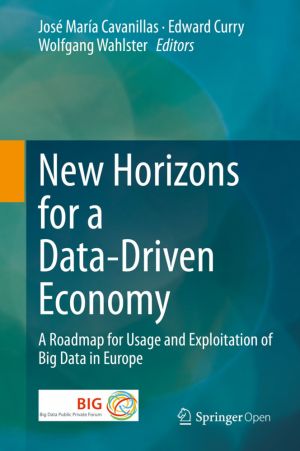
In this book readers will find technological discussions on the existing and emerging technologies across the different stages of the big data value chain. They will learn about legal aspects of big data, the social impact, and about education needs and requirements. And they will discover the business perspective and how big data technology can be...

This book comprehensively covers the fundamentals of clinical data science, focusing on data collection, modelling and clinical applications. Topics covered in the first section on data collection include: data sources, data at scale (big data), data stewardship (FAIR data) and related privacy concerns. Aspects of predictive modelling using tec...
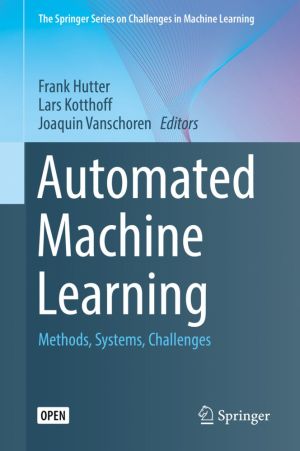
This book presents the first comprehensive overview of general methods in Automated Machine Learning (AutoML), collects descriptions of existing systems based on these methods, and discusses the first series of international challenges of AutoML systems. The recent success of commercial ML applications and the rapid growth of the field has created ...
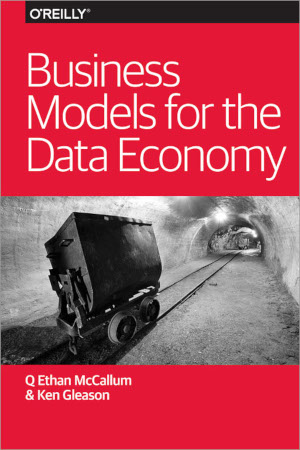
You're sitting on a pile of interesting data. How do you transform that into money? It's easy to focus on the contents of the data itself, and to succumb to the (rather unimaginative) idea of simply collecting and reselling it in raw form. While that's certainly profitable right now, you'd do well to explore other opportunities ...
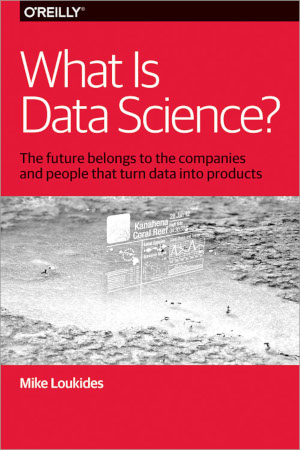
We've all heard it: according to Hal Varian, statistics is the next sexy job. Five years ago, in What is Web 2.0, Tim O'Reilly said that "data is the next Intel Inside." But what does that statement mean? Why do we suddenly care about statistics and about data? This report examines the many sides of data science - the technologi...
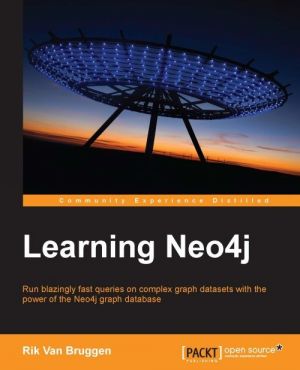
Neo4j is the world's leading graph database and offers users a radical new way of dealing with connected data. This book has been created to help you get to grips with it, providing you with an accessible route through a tool built to contend with the complexity of modern data. Learn the fundamental concepts behind Neo4j, and put them into pra...
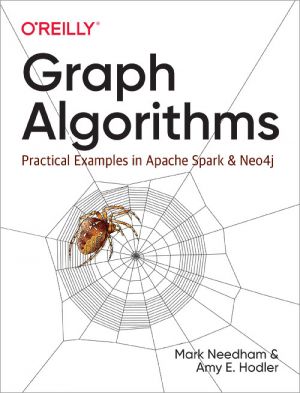
Learn how graph algorithms can help you leverage relationships within your data to develop intelligent solutions and enhance your machine learning models. With this practical guide, developers and data scientists will discover how graph analytics deliver value, whether they're used for building dynamic network models or forecasting real-world ...
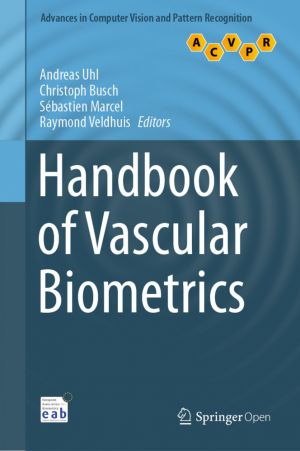
This open access handbook provides the first comprehensive overview of biometrics exploiting the shape of human blood vessels for biometric recognition, i.e. vascular biometrics, including finger vein recognition, hand/palm vein recognition, retina recognition, and sclera recognition. After an introductory chapter summarizing the state of the art i...

This free book brings together a set of original studies that use cutting-edge computational methods to investigate conflict at various geographic scales and degrees of intensity and violence. Methodologically, this book covers a variety of computational approaches from text mining and machine learning to agent-based modelling and social network an...

This book constitutes the refereed proceedings of the 15th International Conference on Semantic Systems, SEMANTiCS 2019, held in Karlsruhe, Germany, in September 2019.The 20 full papers and 8 short papers presented in this volume were carefully reviewed and selected from 88 submissions. They cover topics such as: web semantics and linked (open) dat...
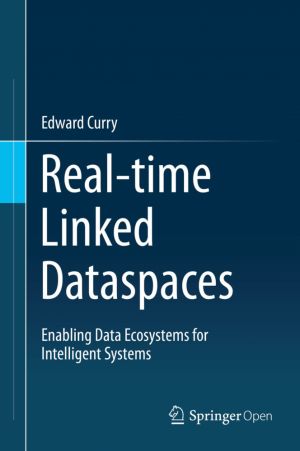
This book explores the dataspace paradigm as a best-effort approach to data management within data ecosystems. It establishes the theoretical foundations and principles of real-time linked dataspaces as a data platform for intelligent systems. The book introduces a set of specialized best-effort techniques and models to enable loose administrative ...
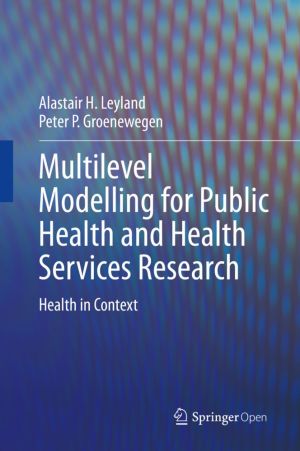
This book is a practical introduction to multilevel modelling or multilevel analysis (MLA) – a statistical technique being increasingly used in public health and health services research. The authors begin with a compelling argument for the importance of researchers in these fields having an understanding of MLA to be able to judge not only the g...
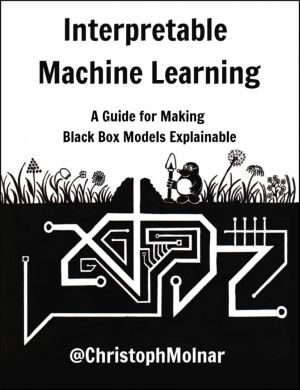
This book is about making machine learning models and their decisions interpretable. After exploring the concepts of interpretability, you will learn about simple, interpretable models such as decision trees, decision rules and linear regression. Later chapters focus on general model-agnostic methods for interpreting black box models like feature i...

This open access book describes the technologies needed to construct a secure big data infrastructure that connects data owners, analytical institutions, and user institutions in a circle of trust. It begins by discussing the most relevant technical issues involved in creating safe and privacy-preserving big data distribution platforms, and especia...
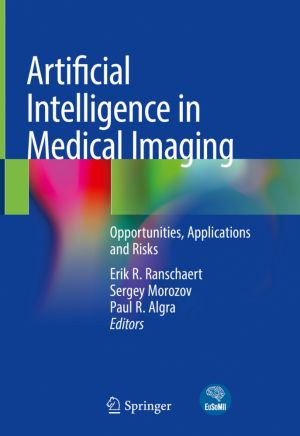
This book provides a thorough overview of the ongoing evolution in the application of artificial intelligence (AI) within healthcare and radiology, enabling readers to gain a deeper insight into the technological background of AI and the impacts of new and emerging technologies on medical imaging. After an introduction on game changers in radiology...
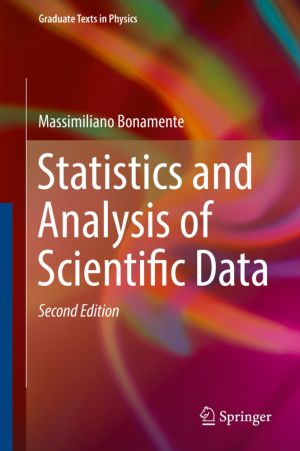
The revised 2nd edition of this book provides the reader with a solid foundation in probability theory and statistics as applied to the physical sciences, engineering and related fields. It covers a broad range of numerical and analytical methods that are essential for the correct analysis of scientific data, including probability theory, distribut...
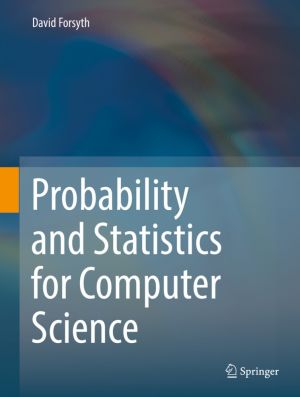
This book is aimed at computer science undergraduates late in sophomore or early in junior year, supplying a comprehensive background in qualitative and quantitative data analysis, probability, random variables, and statistical methods, including machine learning.With careful treatment of topics that fill the curricular needs for the course, Probab...
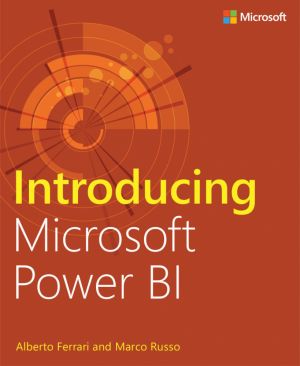
Introducing Microsoft Power BI enables you to evaluate when and how to use Power BI. Get inspired to improve business processes in your company by leveraging the available analytical and collaborative features of this environment.
This book is targeted to a variety of readers. There are information workers and people who are totally new to the B...
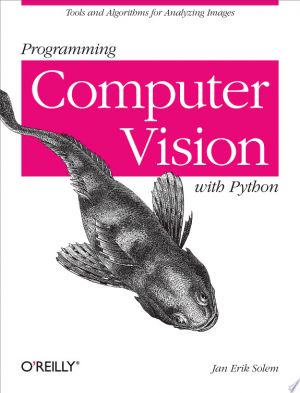
If you want a basic understanding of computer vision's underlying theory and algorithms, this hands-on introduction is the ideal place to start. You'll learn techniques for object recognition, 3D reconstruction, stereo imaging, augmented reality, and other computer vision applications as you follow clear examples written in Python.
Pro...
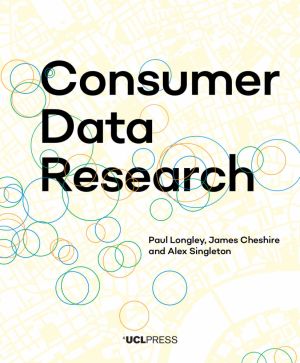
Big Data collected by customer-facing organisations - such as smartphone logs, store loyalty card transactions, smart travel tickets, social media posts, or smart energy meter readings - account for most of the data collected about citizens today. As a result, they are transforming the practice of social science. Consumer Big Data are distinct from...

Power BI is a cloud-based business analytics service that gives us a single view of the most critical business data. A tool for creating live dashboards and rich, interactive reports, Power BI allows access to data for monitoring the health of a business. Pierstefano Tucci will take readers through the Power BI interface, query creation, publishing...

Support Vector Machines (SVMs) are some of the most performant off-the-shelf, supervised machine-learning algorithms. In Support Vector Machines Succinctly, author Alexandre Kowalczyk guides readers through the building blocks of SVMs, from basic concepts to crucial problem-solving algorithms. He also includes numerous code examples and a lengthy b...
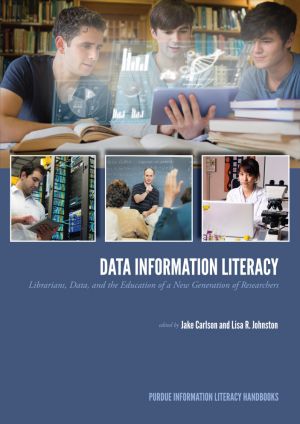
Given the increasing attention to managing, publishing, and preserving research datasets as scholarly assets, what competencies in working with research data will graduate students in STEM disciplines need to be successful in their fields? And what role can librarians play in helping students attain these competencies? In addressing these questions...
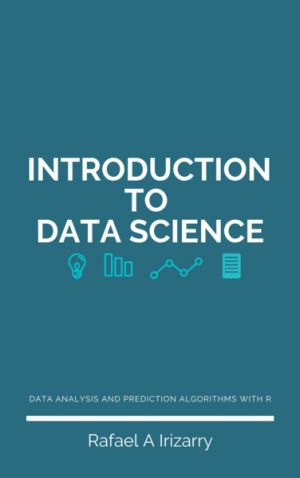
The demand for skilled data science practitioners in industry, academia, and government is rapidly growing. This book introduces concepts and skills that can help you tackle real-world data analysis challenges. It covers concepts from probability, statistical inference, linear regression and machine learning. It also helps you develop skills such a...
